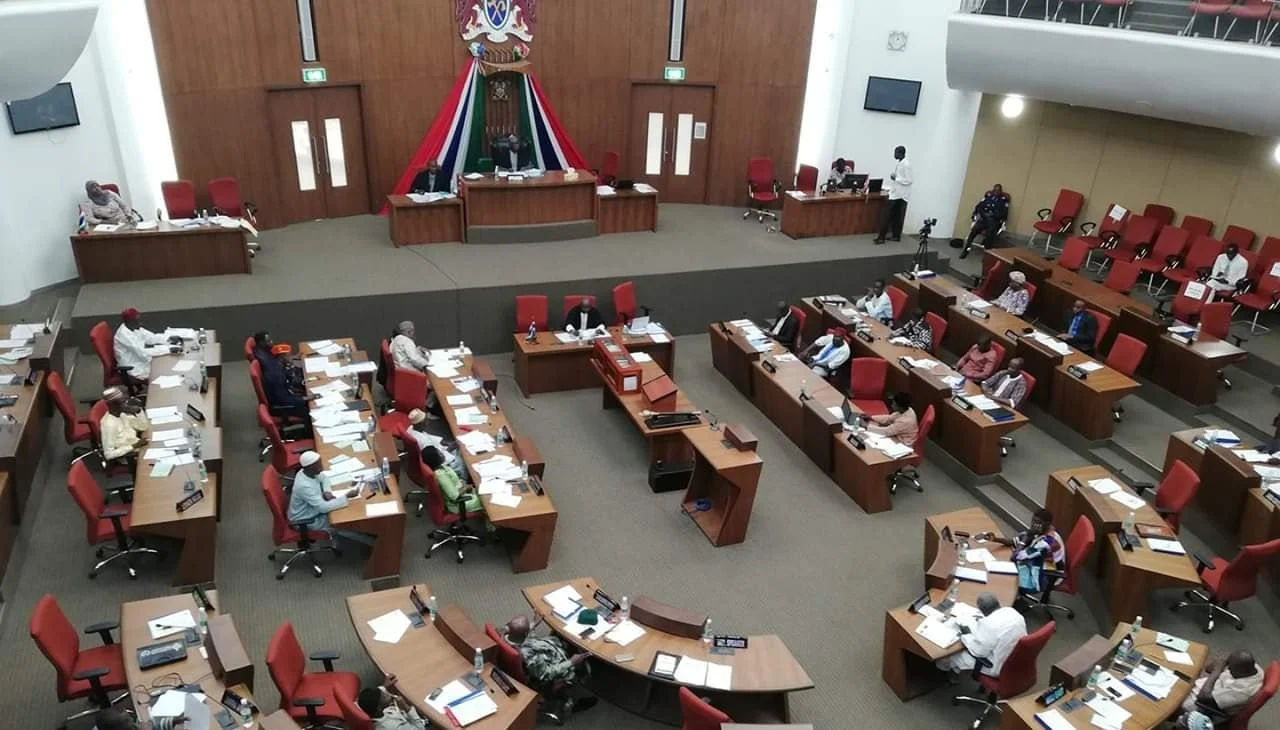Congratulations to Gaye Sowe, Executive Director – Institute for Human Rights and Development in Africa (IHRDA) and member of the Constitutional Review Commission; and Satang Nabaneh, Ph.D in Law Candidate/Founder and Editor, Law Hub Gambia. Their joint chapter on The Gambia was published as part of the I-CONnect-Clough Center 2017 Global Review of Constitutional law. We are pleased to circulate this report published by the Clough Center for the Study of Constitutional Democracy.
Abstract
This is the second edition of the I·CONnect-Clough Center Global Review of Constitutional Law (ISBN: 978-0-692-15916-3). The 2017 Global Review assembles detailed but relatively brief reports on constitutional developments and cases in 61 jurisdictions during the past calendar year. The reports are authored by academic and/or judicial experts, and often the reports are co-authored by judges and scholars. The reports in this first-of-its-kind volume offer readers systematic knowledge that, previously, has been limited mainly to local networks rather than a broader readership.
Available at SSRN: https://ssrn.com/abstract=3215613
Suggested citation
Sowe G and Nabaneh S ‘The Gambia: The state of liberal democracy’ in Albert R, Landau, D, Faraguna P, and Drugda Š: The I·CONnect-Clough Center 2017 Global Review of Constitutional Law (July 19, 2018) 97-101.
Overview of the chapter "The Gambia: The state of liberal democracy"
2017 witnessed unprecedented political events in The Gambia that resulted in a transition from a dictatorship to a democracy. The single most important development was that “The Gambia became one of Africa’s newest democracies following 22 years of authoritarian rule by Jammeh, who vowed to rule The Gambia for a billion years.
“This momentous change led to the dawn of a new political and democratic dispensation and a slow, but gradualist thrust to liberal democracy. ”
This report looks at various constitutional amendments, promulgation of new laws, constitutional case law and politics including Gambianization of the judiciary and what big questions await The Gambia in 2018 or beyond.
Download The Gambia chapter and the full report here.







